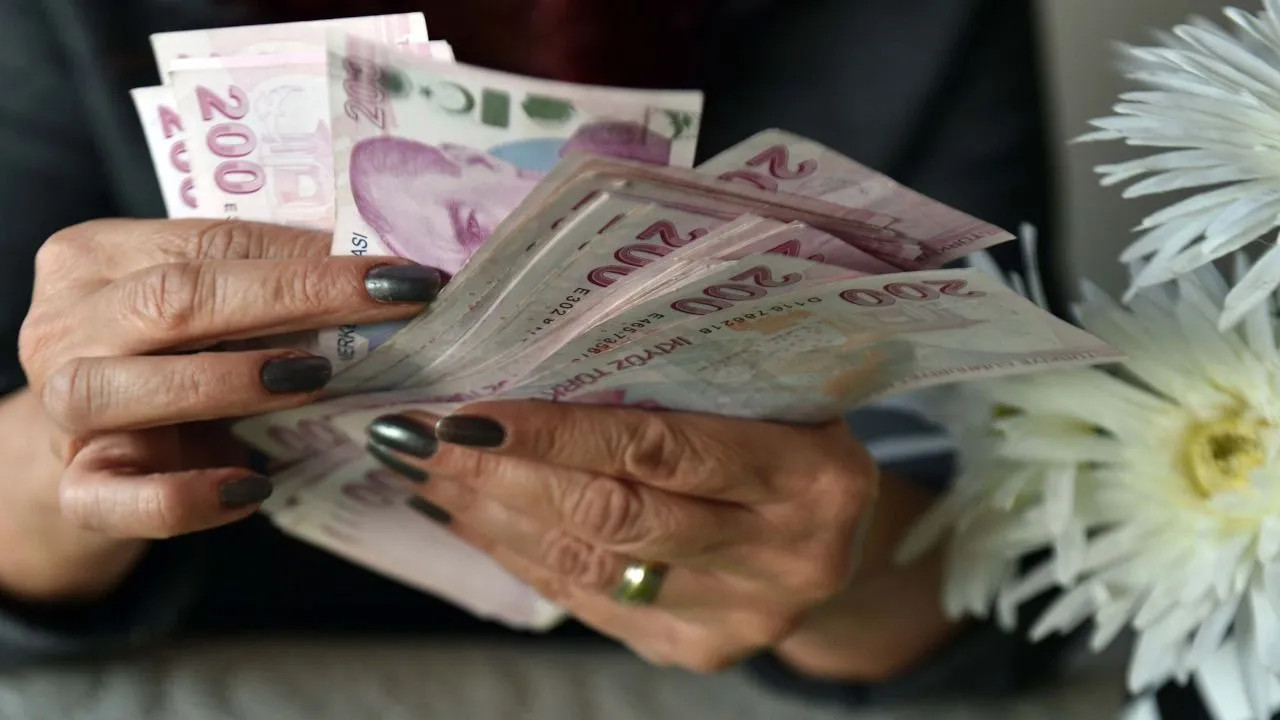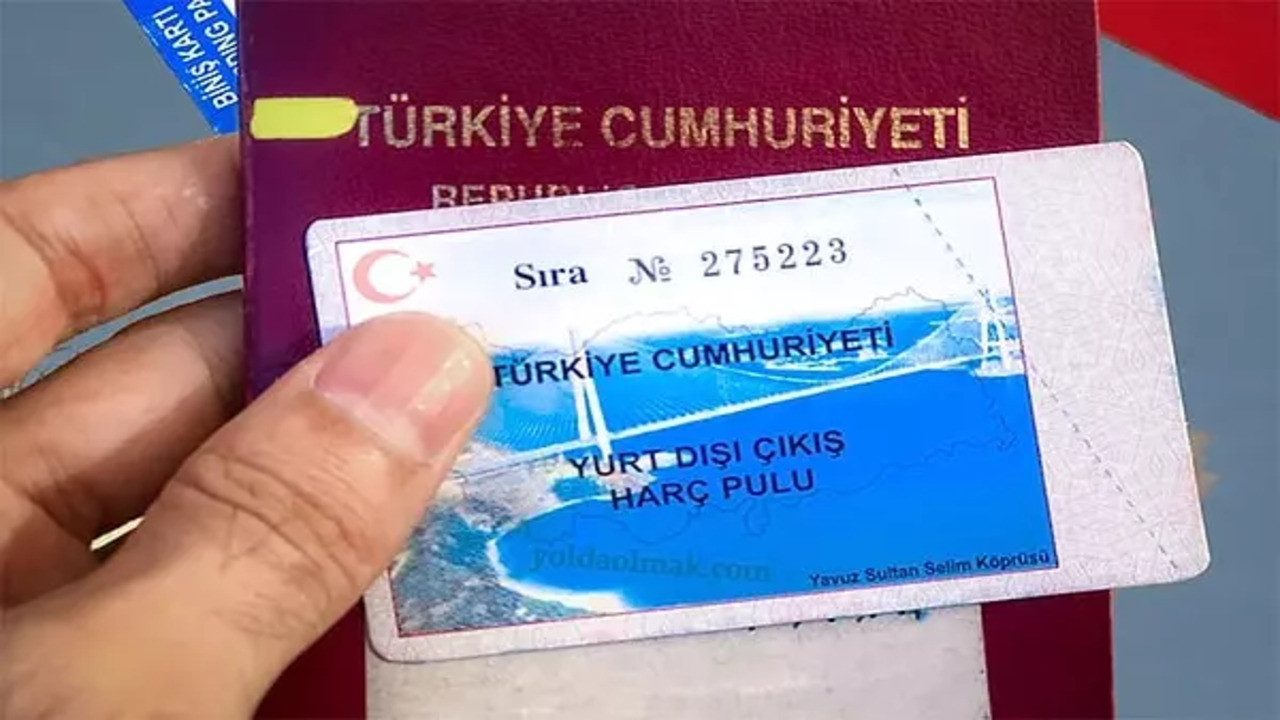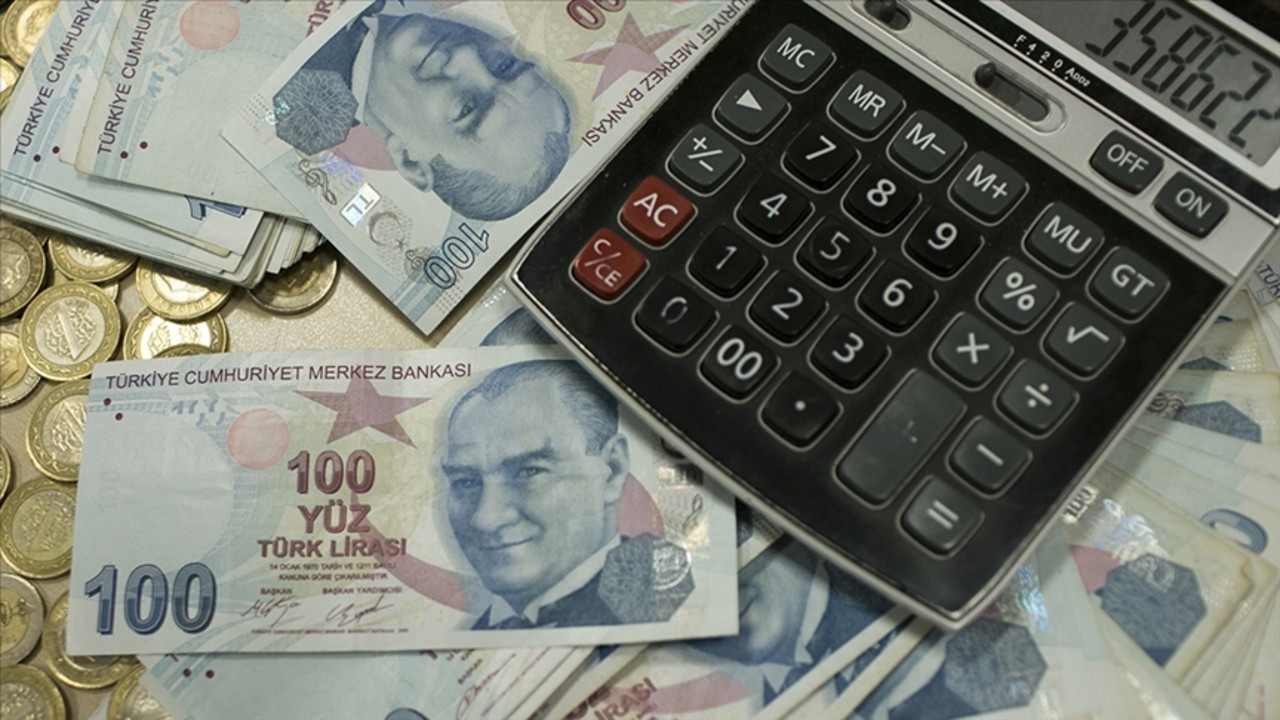Turkey increases minimum pension to $377, still $200 below hunger threshold
Turkey’s ruling AKP announced that the minimum pension would be increased to 12,500 Turkish liras ($377) with a 25 percent increase, nearly 5,480 liras ($195) below the hunger threshold announced by the labor union Türk-İş for June.
Duvar English
Turkey’s ruling Justice and Development Party (AKP) on July 16 submitted a draft legislation to the Parliament that includes a new tax package and a provision for a 25 percent increase in minimum pensions.
Giving information about the package, AKP Parliamentary Group Deputy Chair Abdullah Güler announced that the minimum monthly pension, which was 10,000 Turkish liras, was increased to 12,500 liras ($377).
The new minimum pension would have been still below the hunger threshold, which was 18,978 liras ($573) according to labor union Türk-İş for June.
Güler stated that while all retirees would receive an inflation-adjusted increase, this new regulation would only support those receiving pensions below 10,000 liras. He underscored that this support would not be reflected in the base pensions.
The government-run TÜİK reported six-month inflation at 24.7 percent and annual inflation at 71.6 percent in June. As a result, pensions will increase at the same rate, and civil servants will receive a 19.3 percent raise.
Noting that the regulation affects 3.7 million people out of a total of 16 million pensioners, Güler said that the cost of the hike to the budget would be 33.2 billion liras ($1B).
Turkish government's tax rain
Güler also gave information about the new tax regulations and stated that the proposal consists of 53 articles in total. He stated that the legislation aimed to strengthen tax fairness, increase the tax share, ensure security in taxation, combat unregistered activities, increase certain exemptions, and harmonize taxation between imports and domestic production.
The minimum corporate tax levied on the earnings of multinational companies in Turkey would be raised to 15 percent. All companies will be required to pay at least 10 percent of their profits in corporate tax.
The proposal also raises corporate tax for companies that run public-private partnership projects, such as bridges and highways, from 25 percent to 30 percent.
Additionally, the bill addresses discrepancies between the earnings declared by self-employed individuals and their tax returns. Those who have a discrepancy exceeding 20 percent between would be investigated
Penalties for unregistered activities would be raised, as well as fines for those using someone else’s POS device or bank account.
The penalties to be imposed as 1 fold of the tax will be increased by 1.5 times, and the penalties to be imposed as 3 fold of the tax will be increased by 4.5 times.
The departure tax for those traveling abroad would be increased to 500 lira. In the leaked version to the media previously, the government was planning to increase the fee to 1,000 and 1,750 liras which sparked intense controversy. The fee currently set at 150 liras.
The short-term insurance premium rate would be increased from 2% to 2.25%.
Furthermore, the 5-point support premium paid by employers for retired employees will be removed.
Güler noted that they prepared a regulation that would ensure that “those who earn less will be taxed less and those who earn more will be taxed more” and that the fight against unregistered activities would be strengthened.
The deputy chair stated that the the budget share allocated for the reparations after the Feb.6 earthquakes and the recent pension reform eliminating the “age bar” for “those who suffer due to the retirement age bars (EYT)," put an extra burden on the budget.
Güler underscored that "the work on ensuring tax justice and increasing the efficiency of taxation” would continue and that new tax regulations would continue to be introduced after October.
In the budget proposal presented by the Turkish government to the Parliament, tax revenues were expected to surge by 72.7% to reach 8.3 trillion liras in 2024, following 4.8 trillion liras in 2023.

 Minimum wage in Turkey falls 2,000 liras below hunger thresholdEconomy
Minimum wage in Turkey falls 2,000 liras below hunger thresholdEconomy TÜİK announces 6-month inflation at 24.7 pct, pension hike set at same rateEconomy
TÜİK announces 6-month inflation at 24.7 pct, pension hike set at same rateEconomy Turkish government to increase departure fees 10-foldEconomy
Turkish government to increase departure fees 10-foldEconomy Turkish gov’t expects 73 pct tax revenue surge in 2024Economy
Turkish gov’t expects 73 pct tax revenue surge in 2024Economy